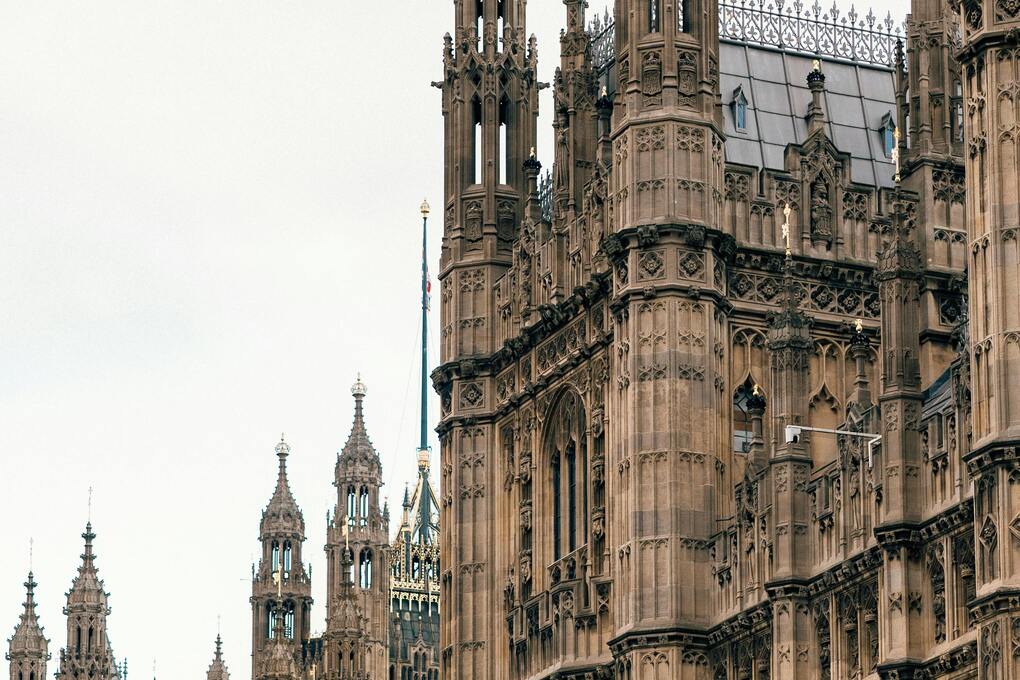The UK Government has proposed to ban upfront payments of more than two months’ rent, claiming this will crack down on discrimination against lower-income renters by unscrupulous landlords. Propertymark has challenged this position, stating that a one-size-fits-all approach will end up blocking access to the private rented sector (PRS) for some tenants.
The Bill is due to return to the House of Commons for its Report Stage and Third Reading on 14 January, before moving to the House of Lords for further scrutiny. Under changes contained in the amended version of the Bill, agents and landlords will still be able to ask tenants to pay one month’s rent upfront, alongside a deposit of up to six weeks’ rent as allowed under the Tenant Fees Act 2019.
However, for a significant minority, including people with poor or no credit history, those on fixed incomes, overseas students, and self-employed tenants with fluctuating incomes, the ability to make advance payments allows them to demonstrate their financial reliability and secure a home.
Data from The Lettings Hub shows that in the last three years just 7% of tenancies began with an upfront payment of more than four month’s rent, and that this was more than twice as common for the most expensive properties. Far fewer tenants paying under £1,000 per month paid rent in advance, which challenges the idea that lower-income tenants are being pressured to pay more.
"Whilst the UK Government wants to transform the experience of private renting, by banning the taking of rent in advance they are potentially reducing options for tenants to access private rented property. There are a wide range of circumstances and scenarios that impact how people pay their rent, and Ministers must do more to understand why rent in advance is used by both landlords and tenants and avoid one size fits all policies", writes Timothy Douglas, Head of Policy and Campaigns at Propertymark.
via [Propertymark]
